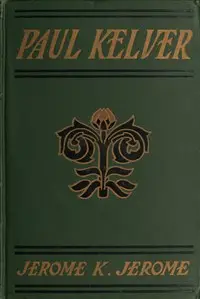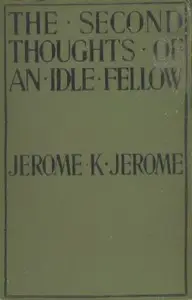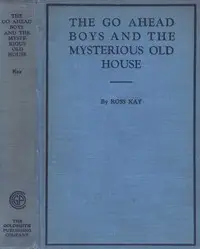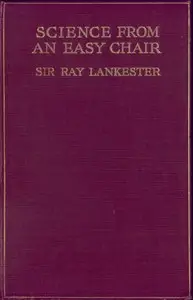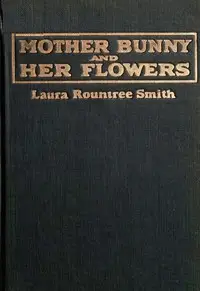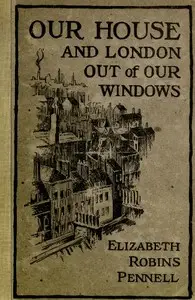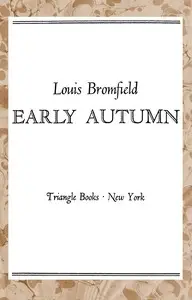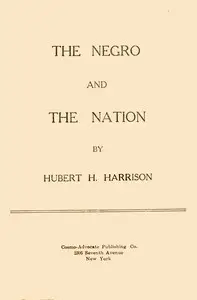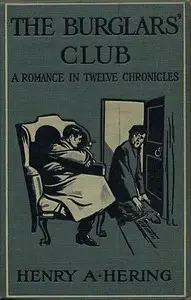"The Love of Ulrich Nebendahl" by Jerome K. Jerome is a poignant novella written in the early 20th century. This work weaves together elements of romance and philosophical reflection set against the backdrop of war-torn Germany. At its core, it explores themes of love, duty, and the moral complexities surrounding relationships and patriotism. The story follows Ulrich Nebendahl, a kindly wheelwright who grapples with the nature of love and his feelings for several women in his village. Guided by the village pastor, Ulrich contemplates his responsibilities as a man and the implications of choosing a partner. However, his journey is disrupted by the harsh realities of conflict, as he encounters a wounded French soldier during the war and ultimately discovers that his true love extends beyond romantic notions; it encompasses his entire village and its inhabitants. In a striking culmination, Ulrich sacrifices his life to protect the village he loves, and his act of bravery leads to posthumous recognition as a hero, embodying the profound message that true love can manifest in selfless sacrifice for others. (This is an automatically generated summary.)

The Love of Ulrich Nebendahl
By Jerome K. (Jerome Klapka) Jerome
"The Love of Ulrich Nebendahl" by Jerome K. Jerome is a poignant novella written in the early 20th century. This work weaves together elements of roma...
Jerome Klapka Jerome was an English writer and humorist, best known for the comic travelogue Three Men in a Boat (1889). Other works include the essay collections Idle Thoughts of an Idle Fellow (1886) and Second Thoughts of an Idle Fellow; Three Men on the Bummel, a sequel to Three Men in a Boat; and several other novels. Jerome was born in Walsall, England, and, although he was able to attend grammar school, his family suffered from poverty at times, as did he as a young man trying to earn a living in various occupations. In his twenties, he was able to publish some work, and success followed. He married in 1888, and the honeymoon was spent on a boat on the River Thames; he published Three Men in a Boat soon afterwards. He continued to write fiction, non-fiction and plays over the next few decades, though never with the same level of success.

